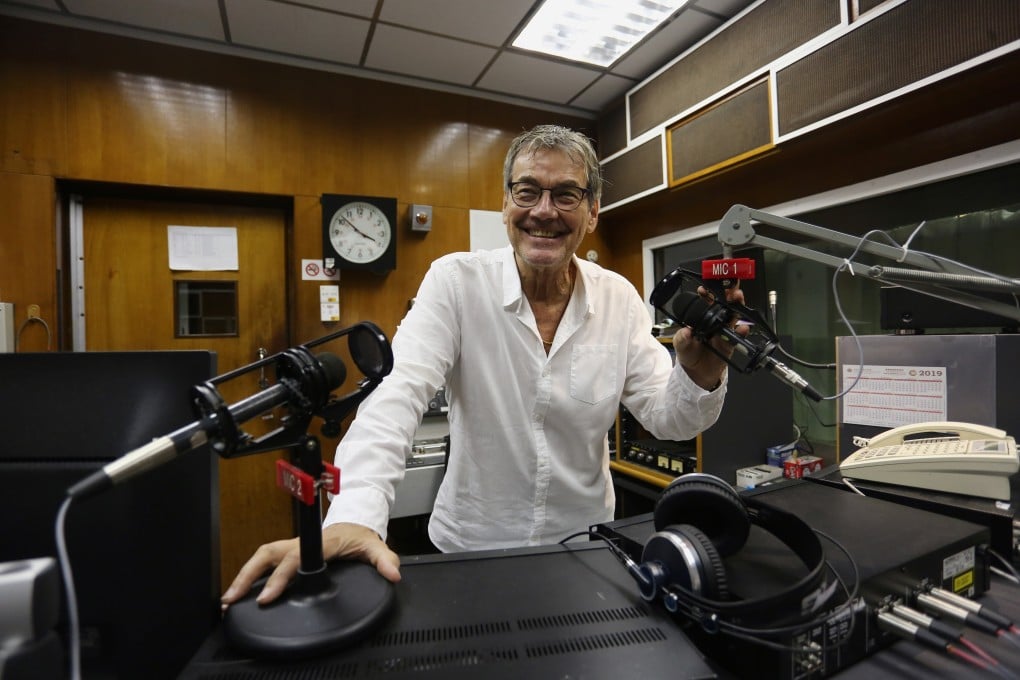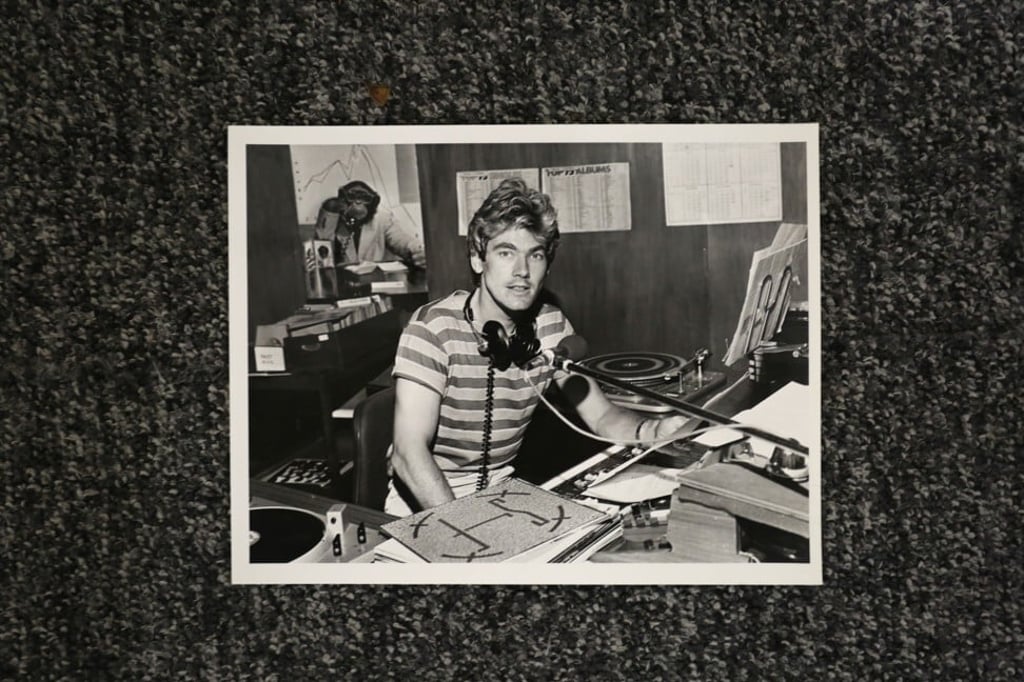How John Culkin became the voice of Hong Kong’s English-language news
- John Culkin remembers reading the news before the days of the autocue, and the many perils of presenting live
- From being dropped into the South China Sea to reading public service announcements, his career has been far from boring

Love letters: My mother, Jean, met my father, Jack, just as he was going to war as a junior in the Royal Air Force. It was literally one night at a dance hall and then they wrote letters to each other. After the war they got married straight away.
I was born in Sunderland, in the UK, in 1951. Because my father was in the military he got out of the north of England and was able to travel with my mum. When I was seven years old they went to Germany on a tour of duty and I had to stay with my grandmother in Sunderland.
Gone fishing: My grandfather was the tugboat captain of the Roker, built in 1904. It had two paddle wheels at the side. We used to go out into the North Sea. He would get up at four in the morning and I remember following him down the street: he’d be in a suit, smoking away on his Capstan cigarettes. We would get on his boat and sit on the wheels while we waited and we’d catch fish for the crew members for breakfast and drink tea with condensed milk.
Teenage newsreader: In the late 1960s, my parents and I came to Hong Kong. We lived in Ho Man Tin and had a fantastic apartment with the military. My older sister was a typist for China Light & Power. She hated the flying cockroaches and returned to England. I loved Hong Kong.

In September 1969, a trainee teacher got me an interview at Rediffusion Television (RTV, the forerunner of ATV) – she knew I had an interest in TV and radio. Within five minutes, I was hired as a reporter and I started learning the ropes the following week, aged 18. In the newsroom, all the newsreaders were army captains. They would read in a terribly English accent – it was very colonial.